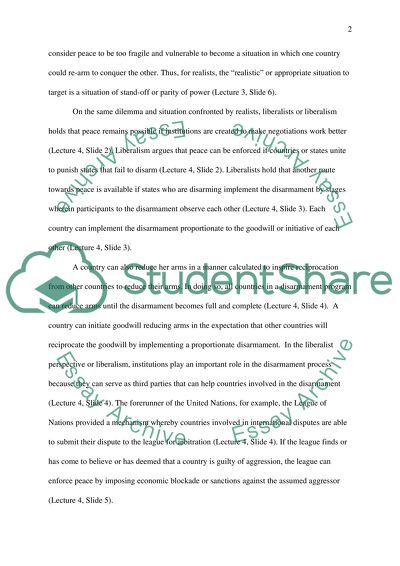Cite this document
(“Why Do Wars Happen Essay Example | Topics and Well Written Essays - 1250 words”, n.d.)
Retrieved from https://studentshare.org/history/1428662-why-do-wars-happen
Retrieved from https://studentshare.org/history/1428662-why-do-wars-happen
(Why Do Wars Happen Essay Example | Topics and Well Written Essays - 1250 Words)
https://studentshare.org/history/1428662-why-do-wars-happen.
https://studentshare.org/history/1428662-why-do-wars-happen.
“Why Do Wars Happen Essay Example | Topics and Well Written Essays - 1250 Words”, n.d. https://studentshare.org/history/1428662-why-do-wars-happen.


